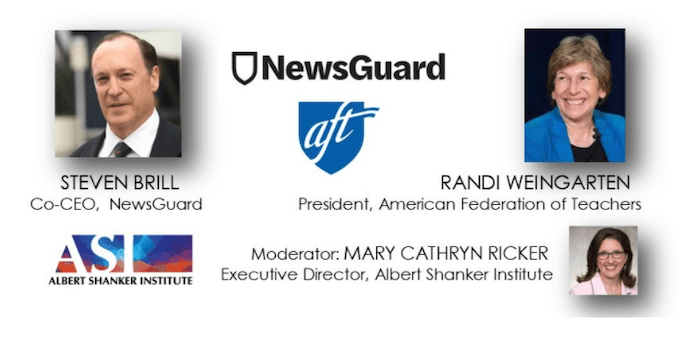Showdowns in Chicago, Philadelphia, New York City and beyond have turned out parents and teachers in droves—and revealed how out of touch education reformers really are.
By Amy B. Dean

“As it stands now, if nothing changes, the schools are going to have to open without any adults in the large spaces where kids gather,” predicted Philadelphia public schools parent Michael Mullins in late June. Mullins has two kids in the public schools and is secretary-treasurer of the city’s hotel and stadium workers union, UNITE/HERE. In late May, the Philadelphia School District approved a “doomsday budget” cutting almost $300 million from the schools and resulting in the layoffs of 3,783 people—19 percent of the school system’s workforce. The budget also threatened to get rid of arts, music and athletic programs, as well as librarians, secretaries, counselors and playground aides, unless the state or city council could come up with emergency funding.
In response, Mullins joined a group of parents and laid-off school workers in a fast starting June 17 in front of Pennsylvania Governor Tom Corbett’s Philadelphia office. “We wanted to represent the sense of crisis we feel inside and make it public,” said Mullins. “I think there is a hunger for more direct action,” he added, in order for “the seriousness of this as we live it to reach the decision-makers.”
More people stepped forward during the fifteen-day fast to reinforce this conviction: Philly’s Fast for Safe Schools featured a rotating cast of twelve parent activists and school employees who fasted from three to eight days each. The activists chose to end the fast on July 1, after securing a partial win: Corbett put forward a new funding package that added $140 million back to the school district. The package combines loans with state and city funds, which the activists say could stave off many of the layoffs for now. But Corbett’s package still doesn’t cover the $180 million the district had requested to keep all the needed jobs filled.
As the showdown in Philadelphia indicates, the ongoing battle over education “reform” and school funding—topics often discussed in think tanks, political campaigns or Waiting for “Superman”–style media productions—is moving into the streets. Chicago and Seattle, too, have seen vigorous protests against austerity, privatization, high-stakes testing and union-busting. Such demonstrations together represent a forceful challenge to the corporate-financed push for “education reform” undertaken by the likes of Michelle Rhee, the former schools chancellor of Washington, DC. But these movements are more than mere isolated acts of resistance; in their demands, the outlines of a coherent policy agenda can be discerned—one that looks honestly at what it will take to bring quality education to America’s least privileged communities.
More>>



